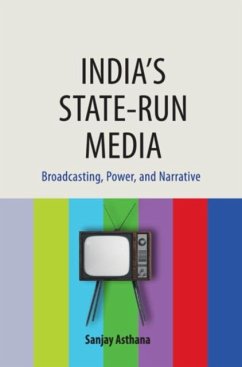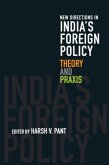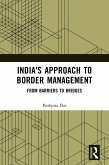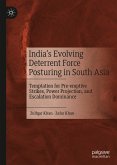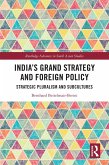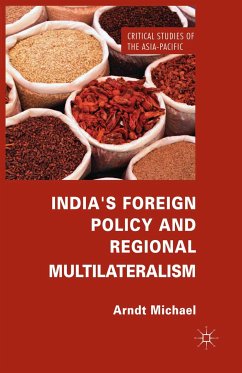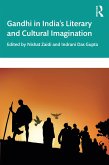India's State-run Media presents a new perspective on broadcasting by bringing together two neglected areas of research in media studies in India - the intertwined genealogies of sovereignty, public, religion, and nation in radio and television, and the spatiotemporal dynamics of broadcasting into a single analytic inquiry. It argues that the spatiotemporalities of broadcasting and the inter-relationships among the public, religion, and nation can be traced to an organizing concept that shaped India's late colonial and postcolonial histories - sovereignty. The book contends that studies of television have glossed over the meanings, experiences, and practices of the religious in televisual narratives and viewers' interpretations of television programs. Drawing on the philosophical writings of Paul Ricoeur and Michel Foucault, connecting their ideas with media, cultural, and religious studies, it examines cultural discourses, power relations, repertoire of meanings, social events, etc. in broadcasting in late colonial and postcolonial India.
Dieser Download kann aus rechtlichen Gründen nur mit Rechnungsadresse in A, B, BG, CY, CZ, D, DK, EW, E, FIN, F, GR, HR, H, IRL, I, LT, L, LR, M, NL, PL, P, R, S, SLO, SK ausgeliefert werden.

